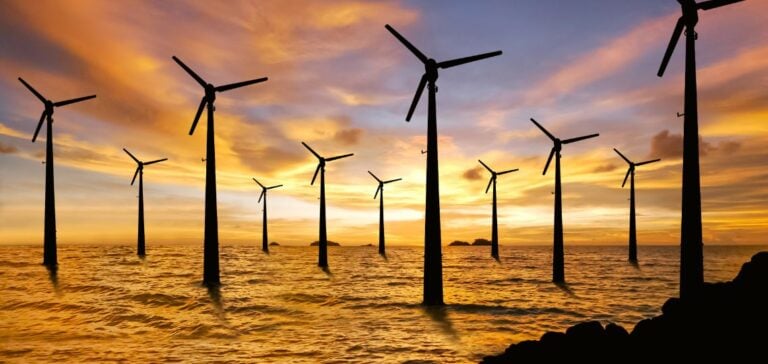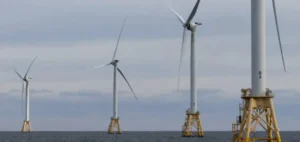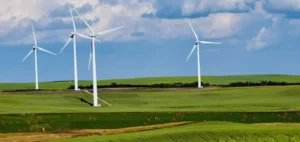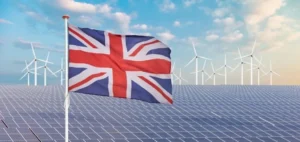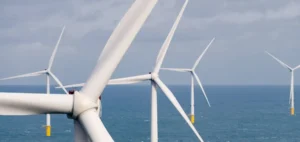Donald Trump’s Re-election: A Challenge for RWE and Siemens Energy’s Offshore Wind Projects
Donald Trump’s re-election as President of the United States has reignited tensions in the renewable energy sector, particularly for offshore wind players. German companies RWE and Siemens Energy, global leaders in the field, have expressed vigilance regarding potential repercussions on their U.S. operations.
RWE, the world’s second-largest offshore wind company, plans to develop two wind farms off the coasts of New York and California by 2030. These projects, aimed at powering over 1.7 million households, could, however, face delays due to pending administrative permits. The Essen-based company has also voiced concerns about tariffs and trade barriers that the Trump administration might implement. “International supply chains will inevitably be impacted, potentially forcing us to reorganize our operations,” said Markus Kreber, RWE’s CEO.
To reassure investors amid these uncertainties, RWE announced a €1.5 billion share buyback. This move aims to bolster confidence in a market already weakened by trade tensions and anticipated delays in European infrastructure, particularly in the hydrogen sector.
Siemens Energy, while concerned about future projects, remains optimistic about ongoing developments. “We are currently building an offshore wind farm in the United States, and I don’t foresee any interruptions,” stated Christian Bruch, the company’s CEO, during a press conference. However, he acknowledged that long-term ambitions might be impacted by an unfavorable political transition.
During his campaign, Donald Trump strongly criticized wind energy, labeling it a “horrible energy.” His return to power could threaten the ambitious plan launched in 2022 by the Biden administration to expand offshore wind, a sector still nascent in the U.S. compared to Europe. For Siemens Energy, about 80% of its offshore market is based in Europe, providing some resilience against potential U.S. instability.
Despite the uncertainties, Siemens Energy announced robust financial results, with its stock rising on the Frankfurt Stock Exchange. The group, which received €15 billion in public support in 2023, reported optimistic forecasts, particularly for its projects in Europe.


